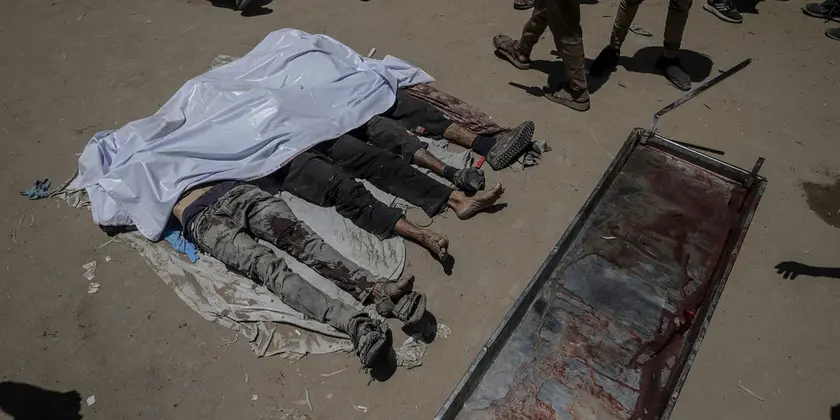T4K3.news
Gaza toll climbs as journalists die and states shift
Casualties rise in Gaza amid aid fears as Australia moves toward recognizing a Palestinian state
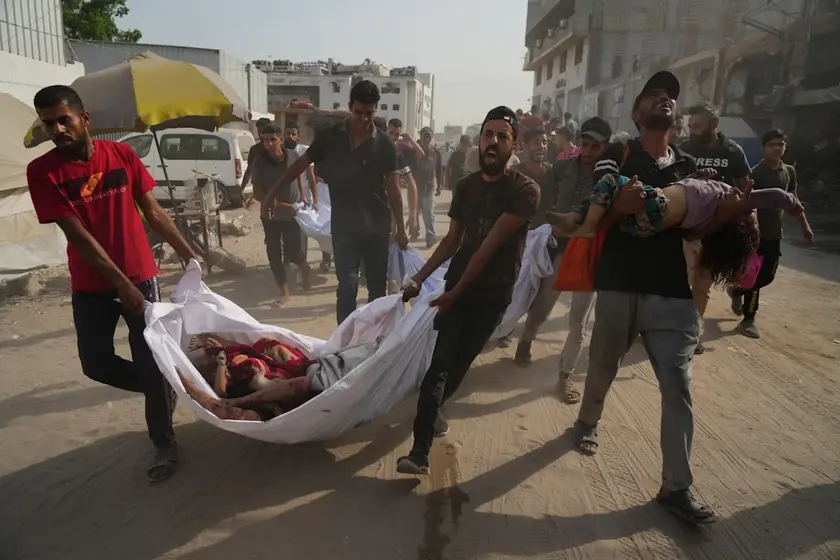
A look at the latest Gaza casualties and how international moves toward recognizing a Palestinian state intersect with humanitarian crises.
Gaza Toll Rises as Journalists Killed and Australia Backs Palestinian Statehood
DEIR AL-BALAH, Gaza Strip (AP) — Israeli forces killed at least 55 people across the Gaza Strip overnight and into Monday, including a well-known journalist the Israeli military described as a militant, according to local health officials. Hospital officials reported 34 dead on Monday, not counting journalists who were slain in a tent shortly before midnight. More than 15 people were killed while waiting for aid at the Zikim crossing in northern Gaza, according to Fares Awad, head of the northern Gaza ambulance service.
Among the dead were at least 12 aid seekers killed by gunfire while trying to reach distribution points or waiting for convoys, according to officials at two hospitals and witnesses. The Palestine Red Crescent Society said its Saraya Field Hospital received about 30 injured from the Zikim area. Al-Shifa hospital reported five bodies and more than 70 wounded. Witnesses described barrages of bullets at crowds near the Morag corridor. Israel's military did not immediately respond to questions about the deaths, but said air and artillery units were operating in northern Gaza and in Khan Younis earlier on Monday.
International reactions followed. Australia moved toward recognizing a Palestinian state, joining a broader group including France, Britain and Canada in backing a two-state path. Italy’s Meloni urged a halt to hostilities and spoke of a humanitarian crisis that is “unjustifiable and unacceptable,” while Egypt pushed for talks to end the war, secure aid, and lay groundwork for a political roadmap. The United States and Israel defended aid operations by an American contractor as an alternative to the United Nations, which has faced criticism from some quarters for neutrality concerns and has struggled to deliver relief under unsafe conditions.
Key Takeaways
"The occupation forces targeted us, as they do every day."
Witness testimony from those in Morag and surrounding areas.
"It's a pattern of gunfire toward aid seekers."
A wounded witness describing repeated targeting of aid crowds.
"The humanitarian situation in Gaza is unjustifiable and unacceptable."
Italian Prime Minister Giorgia Meloni commenting on conditions in Gaza.
"The situation in Gaza has gone beyond the world's worst fears."
Israeli Prime Minister Benjamin Netanyahu on Gaza conditions.
The conflict is not just a battlefield; it is a test of international norms and humanitarian commitments. The rising civilian toll and the deaths of journalists complicate the narrative about who bears responsibility and how to document it. The move by Australia toward recognizing a Palestinian state signals a shift in diplomacy that could alter how allies coordinate on a two-state framework, but it also raises questions about timing and leverage amid ongoing fighting.
As aid delivery remains precarious, questions about protection for civilians and press freedom become central. The optics of aid distribution and the role of international escorts will shape public perception and policy, whether in support of humanitarian relief or calls for ceasefire and negotiating space. The episode underscores that diplomacy and relief are not abstract proposals; they depend on concrete guarantees for safety, access, and accountability in the world's most volatile corridors.
Highlights
- The occupation targets us every day
- It is a pattern of gunfire at aid crowds
- Gaza’s humanitarian crisis is unacceptable
- Gaza has moved past the world’s worst fears
Political sensitivity and potential backlash
The piece discusses casualties, press safety, and shifts in international policy, which may provoke diplomatic reactions and public debate.
Diplomacy faces a steep test as civilians bear the brunt of the conflict.
Enjoyed this? Let your friends know!
Related News
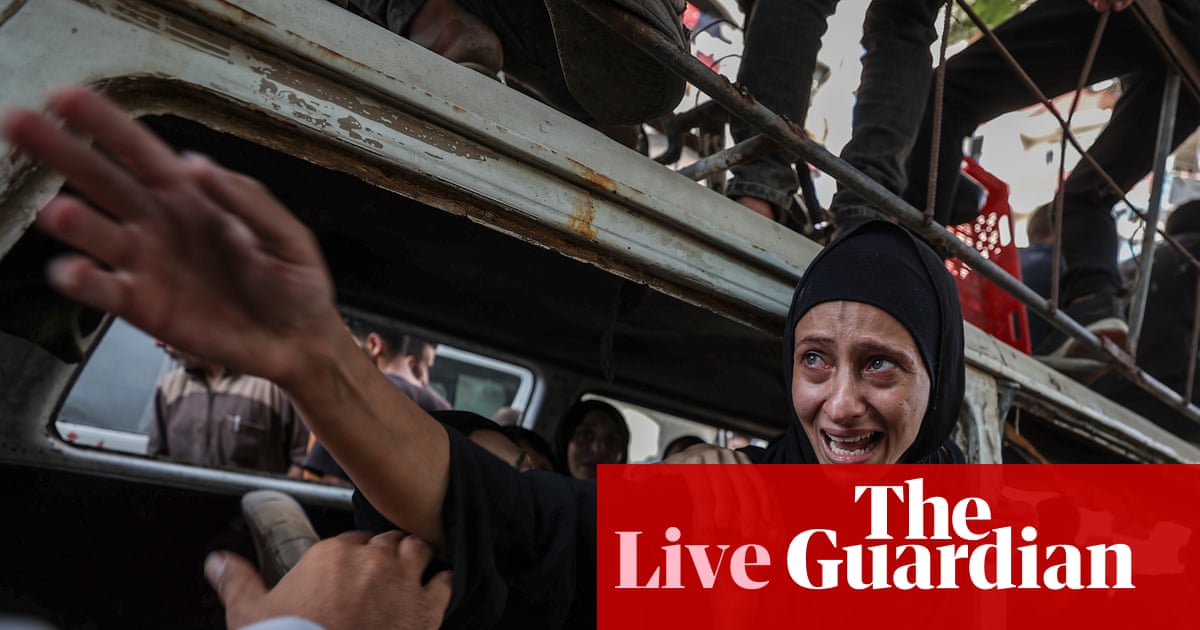
UN warns of dire hunger crisis in Gaza
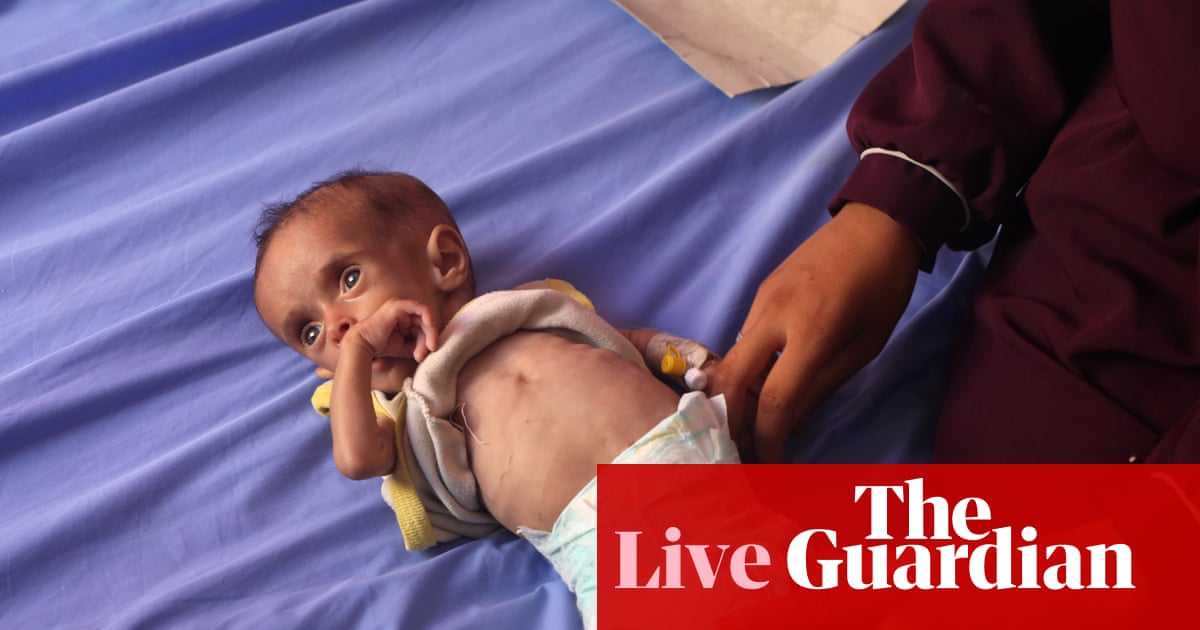
Gaza on verge of running out of therapeutic food for children
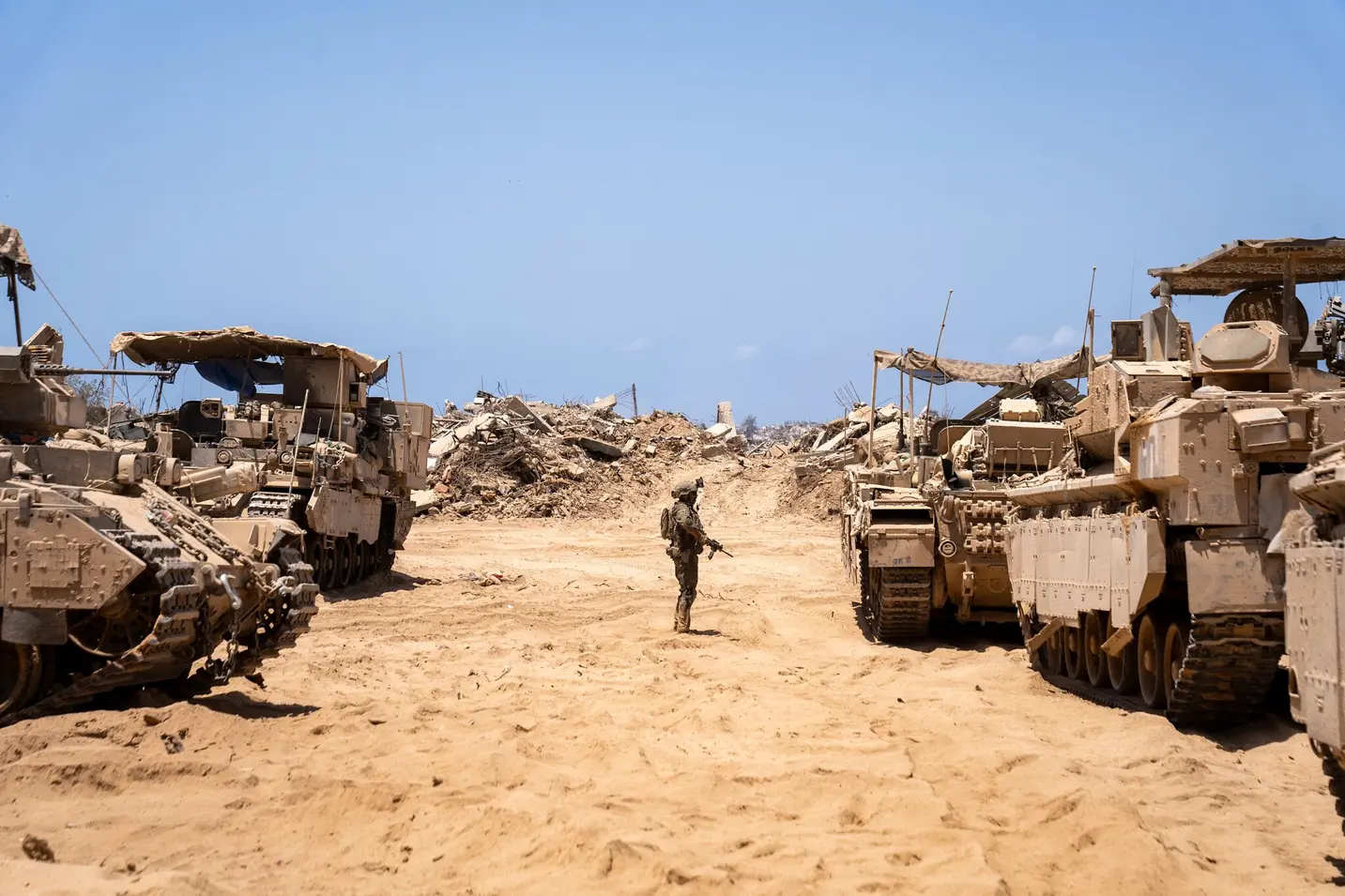
Netanyahu seeks full occupation of Gaza amid internal division

AFP raises alarm over Gaza journalists' conditions
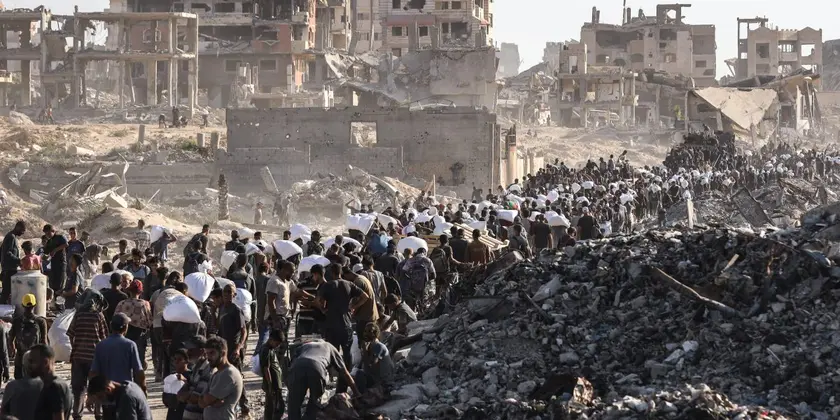
Increased Global Pressure on Israel Due to Gaza Actions
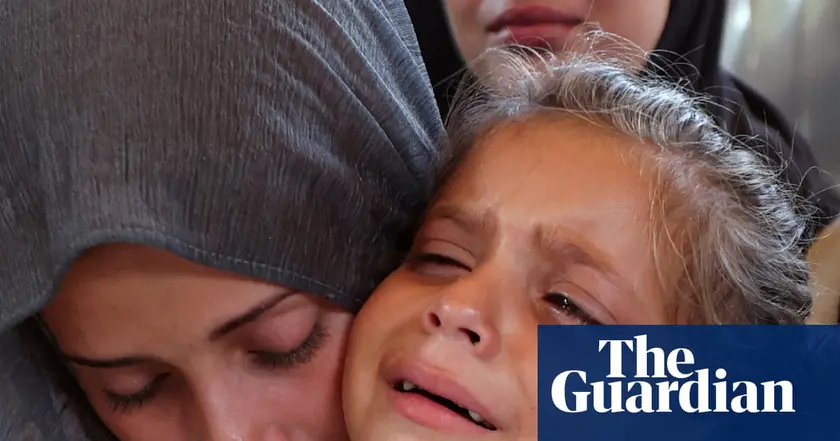
Death toll in Gaza rises amid aid crisis
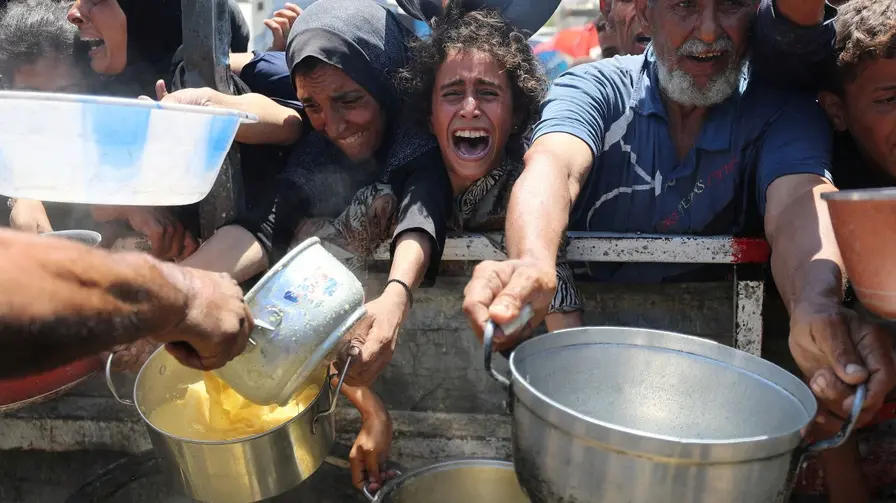
Gaza starvation crisis reaches critical levels
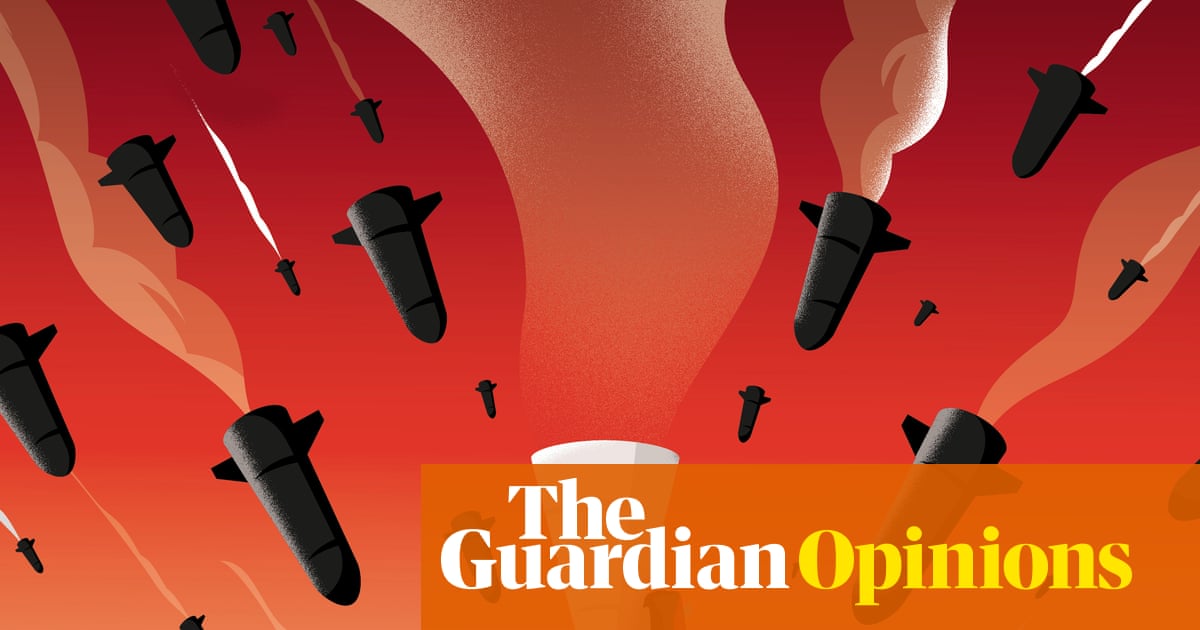
Child starvation crisis in Gaza worsens
